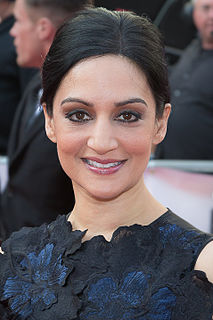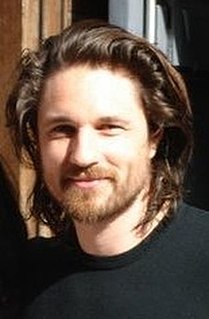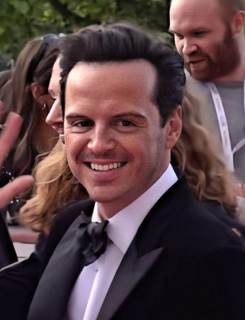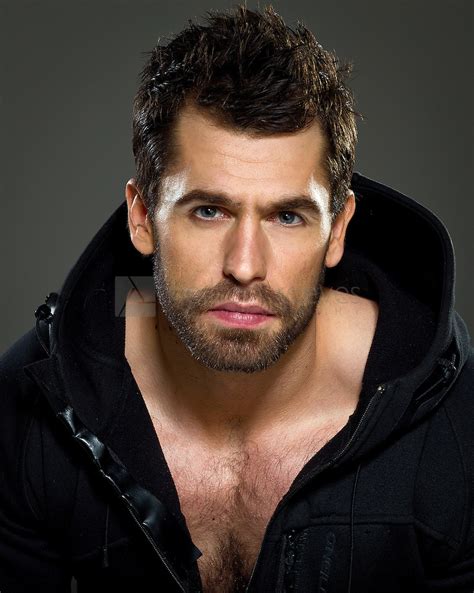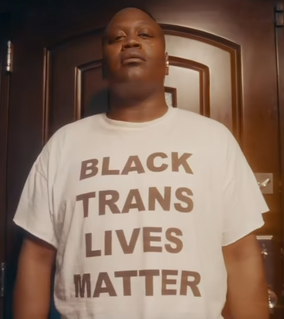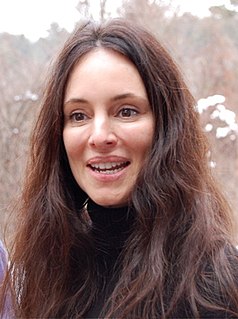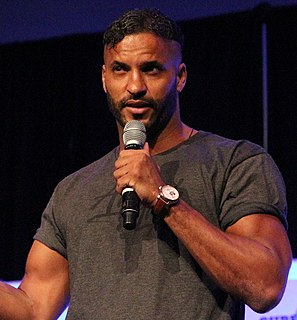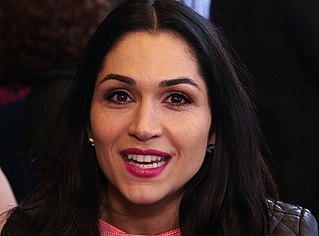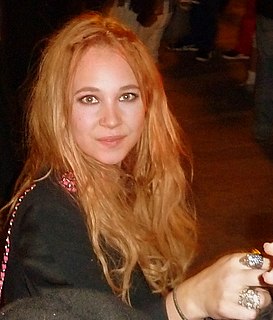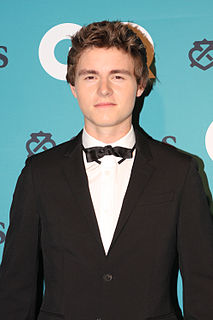Ein Zitat von Archie Panjabi
Ich hatte einen Dialekttrainer, um mir den amerikanischen Akzent anzueignen, und dann einen anderen Dialekttrainer, um mich ein wenig davon zu lösen. Die Stimme hat etwas Tiefes und Geheimnisvolles, wenn sie nicht zu hoch amerikanisch ist.
Verwandte Zitate
Irgendwann ist der Akzent verloren gegangen. Es ist mir ein wenig peinlich. Als ich in LA ankam, ging ich davon aus, dass ich den amerikanischen Akzent beherrschen würde. Es erwies sich als schwierig, also habe ich sechs Monate lang mit einem Dialekttrainer gearbeitet und es ist zur Gewohnheit geworden.
Ich dachte, ich hätte einen ziemlich guten amerikanischen Akzent, aber ich hatte dort ein paar Sitzungen mit einem Stimmtrainer, und sie hat ein paar Dinge aufgegriffen. Möglicherweise weil ich einen so starken nordischen Akzent habe, betone ich die falschen Teile von Wörtern, also besteht die Idee darin, an meinem amerikanischen Akzent zu arbeiten.
Es gibt einen kleinen Unterschied in der Art, wie er klingt. Samuel E. Wright verlieh dem Animationsfilm mit seiner dröhnenden Stimme seine Stimme und Persönlichkeit. Ich habe eine hohe Tenorstimme. Stattdessen muss ich einen Weg finden, das Publikum davon zu überzeugen, mit mir mitzumachen und diese neue Textur und den neuen Stil von Sebastians Klang zu akzeptieren. Ich habe einen tollen Dialekttrainer.
Wenn Sie einen hispanischen Charakter spielen, der im Dialekt oder mit einem Akzent sprechen muss, treffen Sie diesen Dialekt oder Akzent. Wenn ich höre, wie eine Figur, die angeblich Kubanerin ist, mit mexikanischem Akzent spricht oder umgekehrt, nervt mich das und reißt mich sofort aus der Geschichte heraus.
Ich finde Standard-Amerikanisch am schwierigsten. Es passt wirklich an eine andere Stelle in Ihrem Mund. Südlich finde ich das einfachste. Wenn man mit einem Dialekt-Trainer spricht und man eine Art technisches Gespräch bekommt, bei dem ein Engländer seine Stimme im Hals behält, macht ein Südstaatler das Gleiche, und es hat die gleiche Art von Musik zum Reden.
Das riskanteste, was ich in meinen Fünfzigern getan habe, war, einem neuen Film einen polnischen Akzent zu verleihen. Die Arbeit daran hat mir viel Spaß gemacht und ich wurde von zwei wundervollen Menschen begleitet. Ein Dialekttrainer, den ich seit dreißig Jahren kenne, und ein polnischer Schauspieler.
